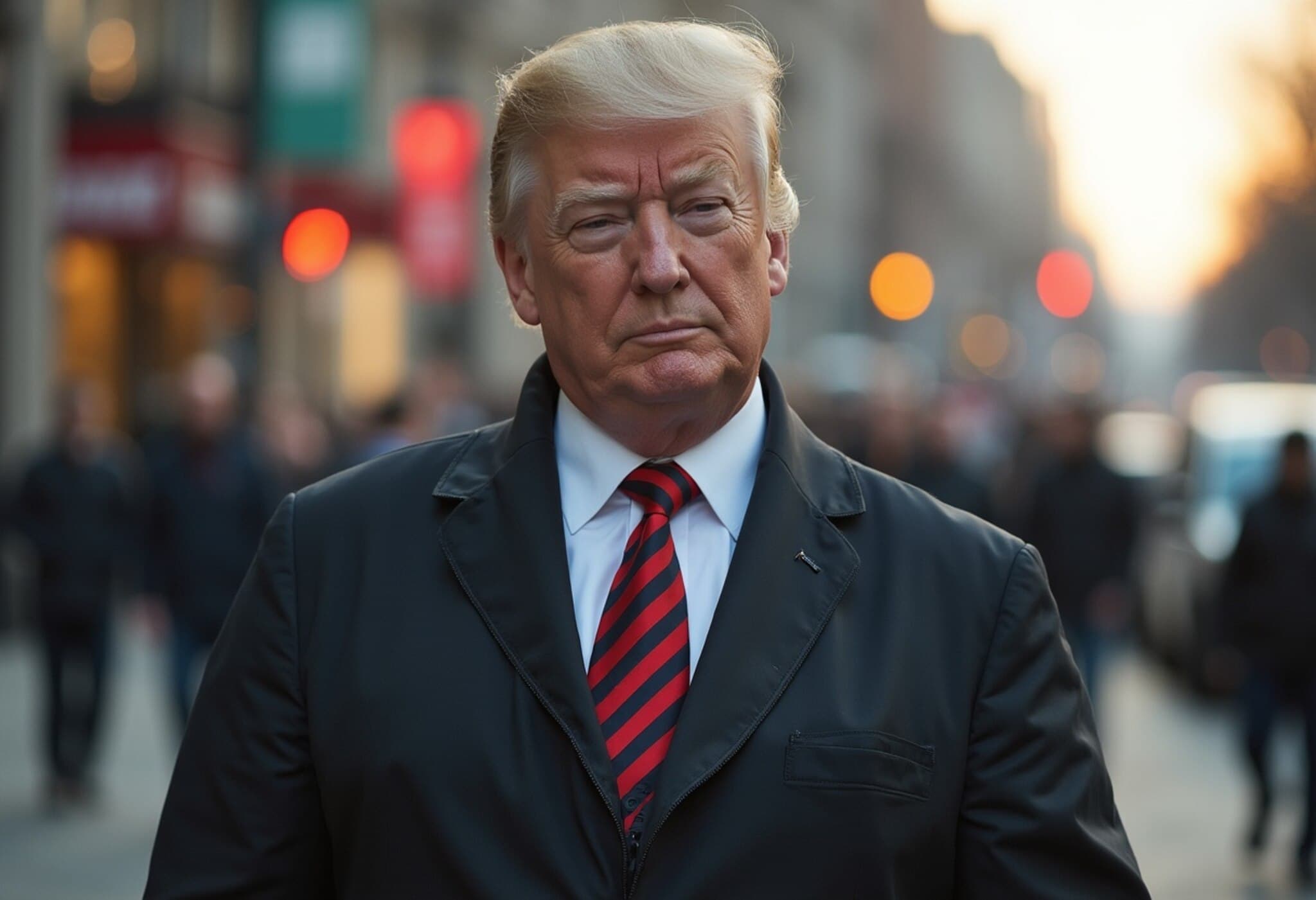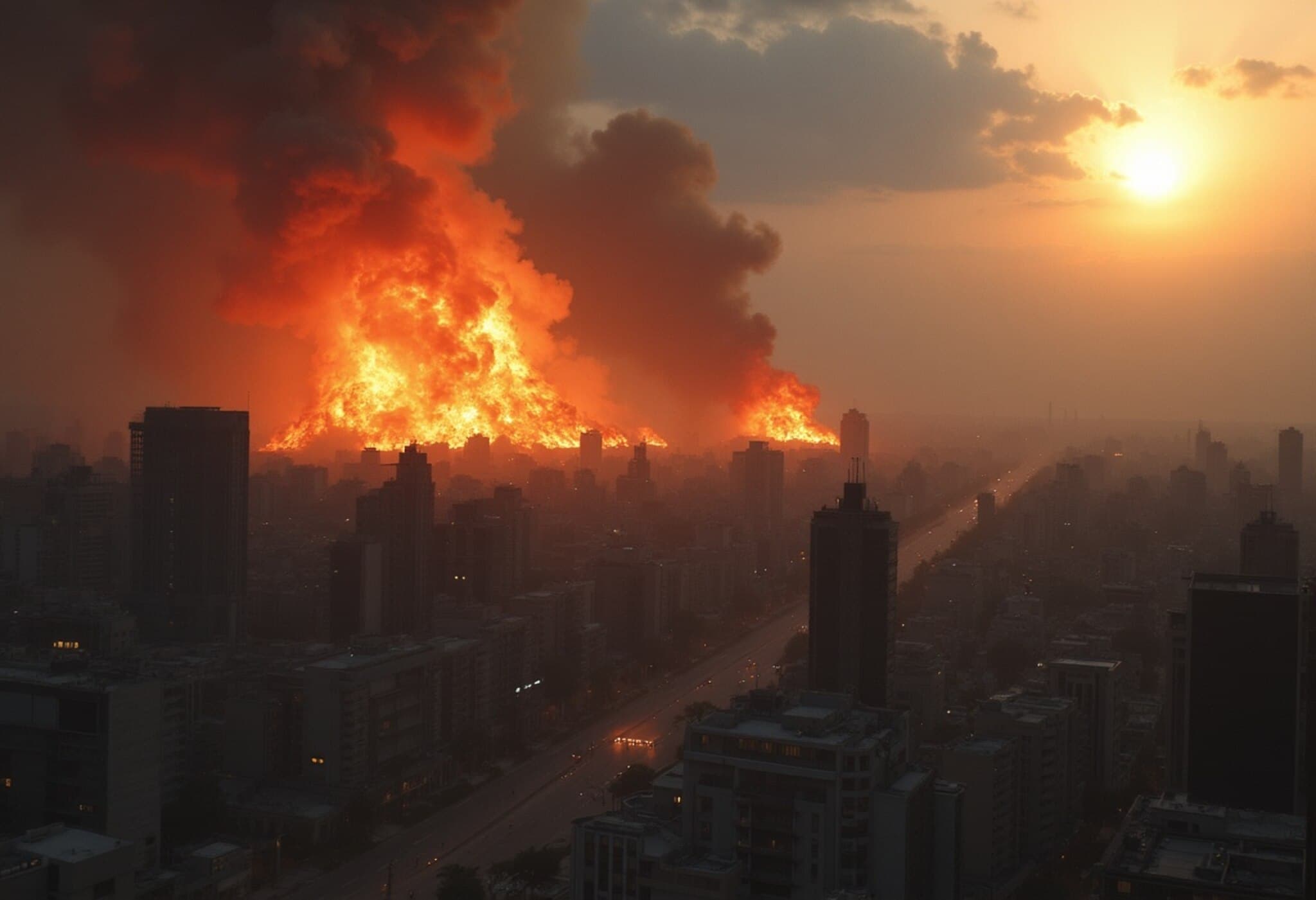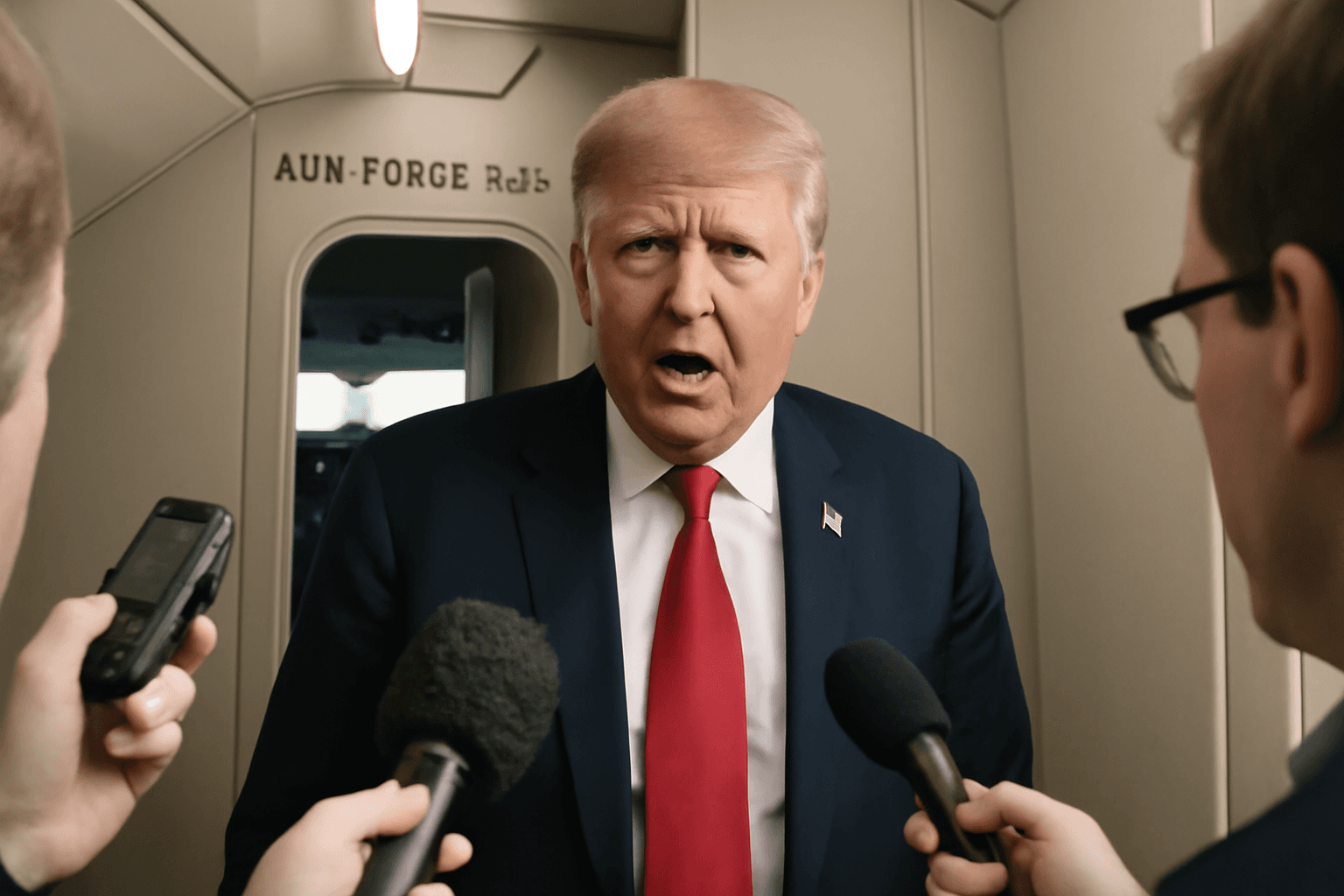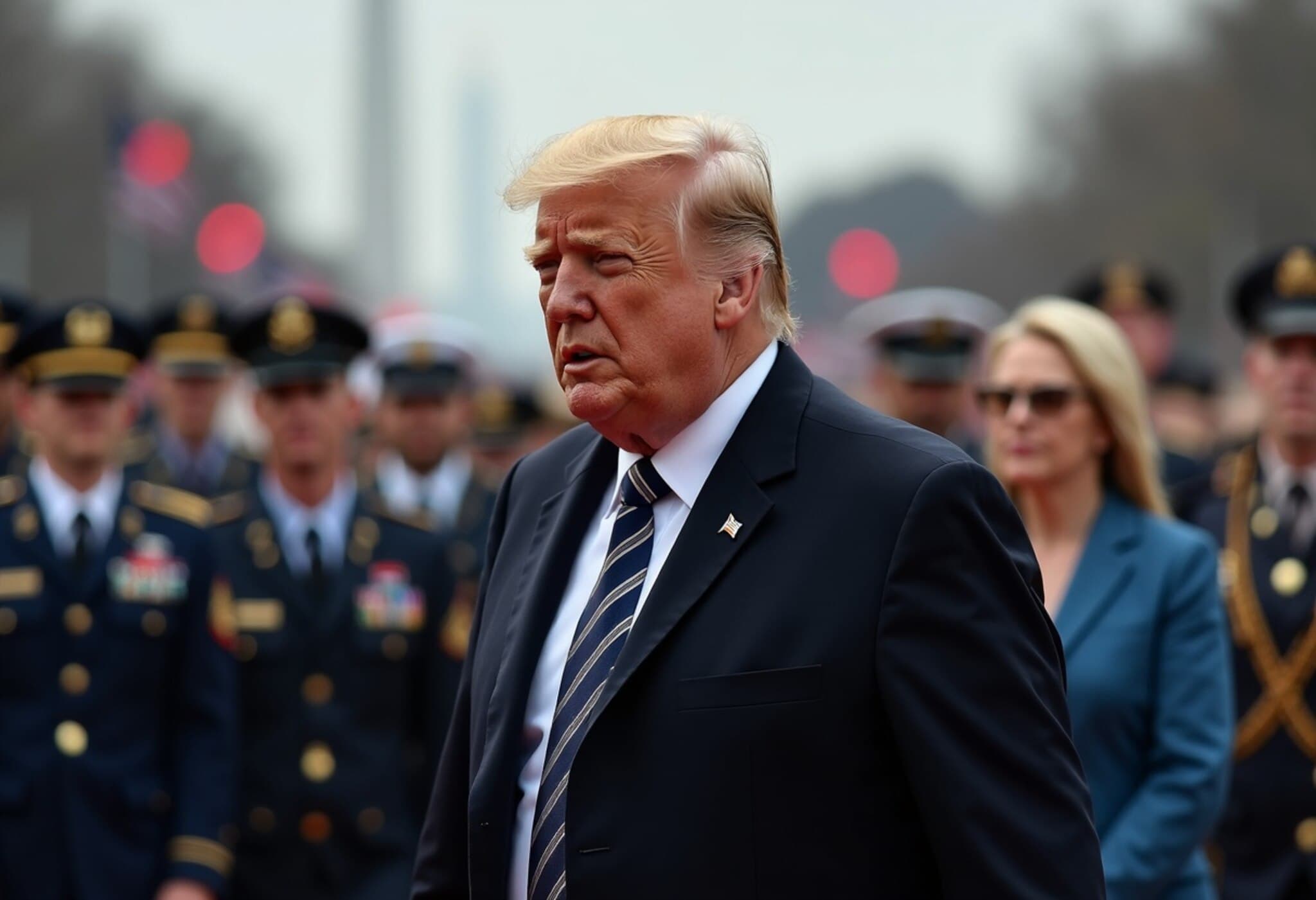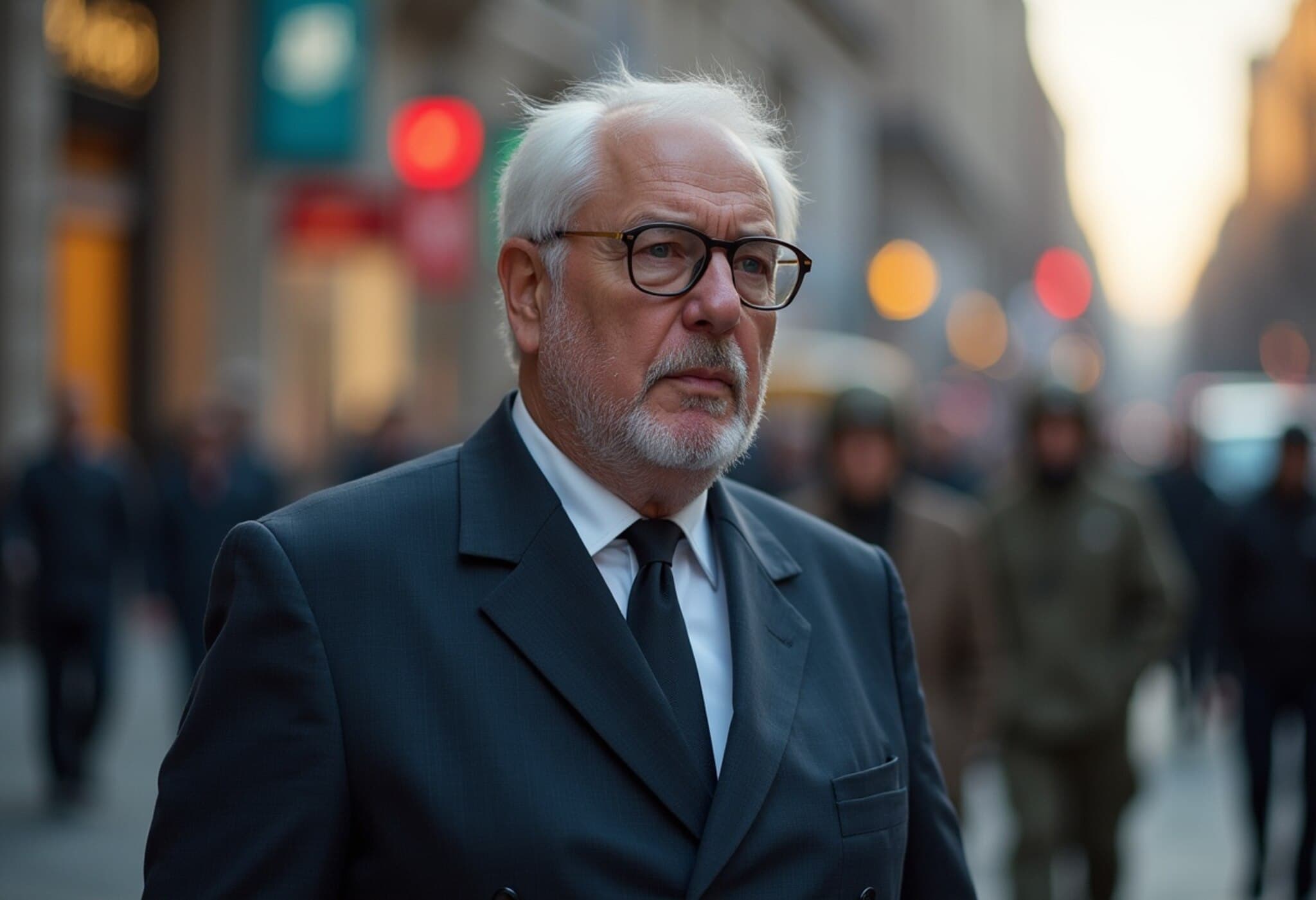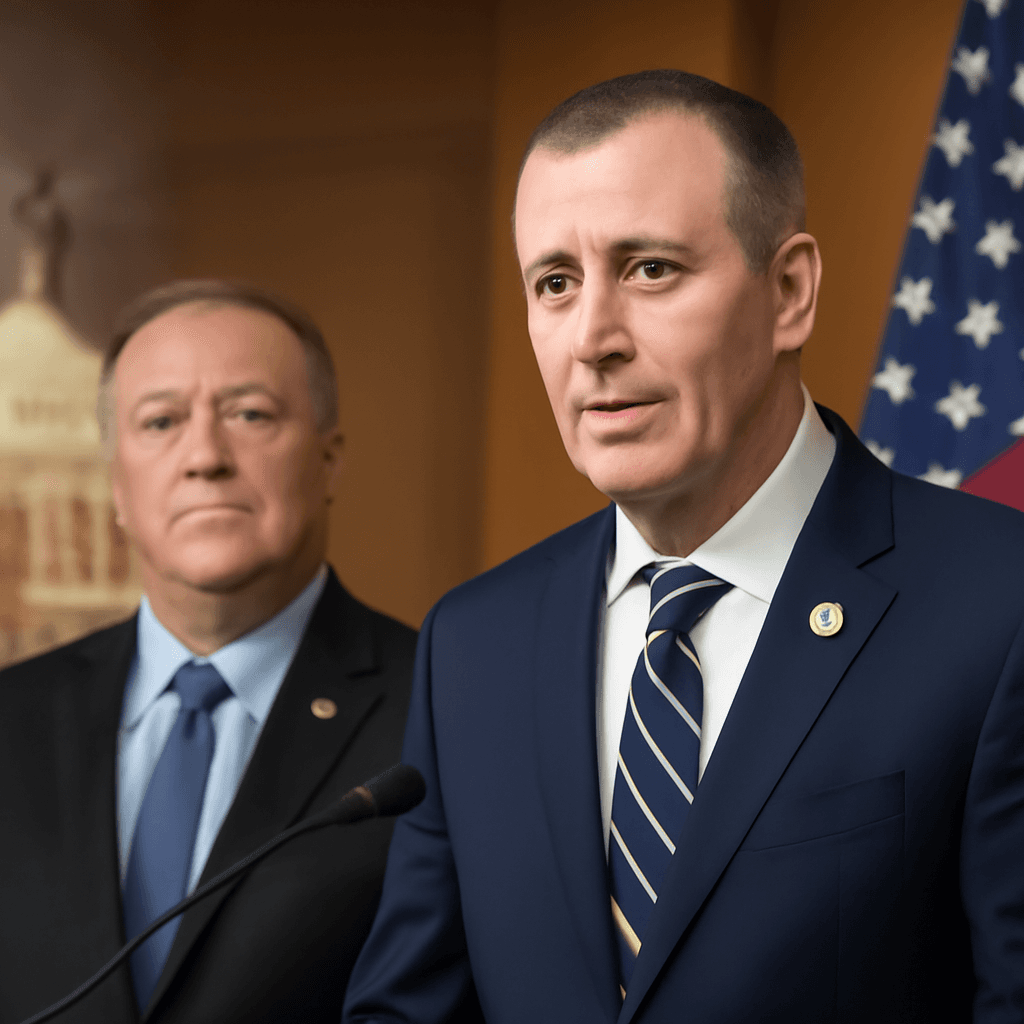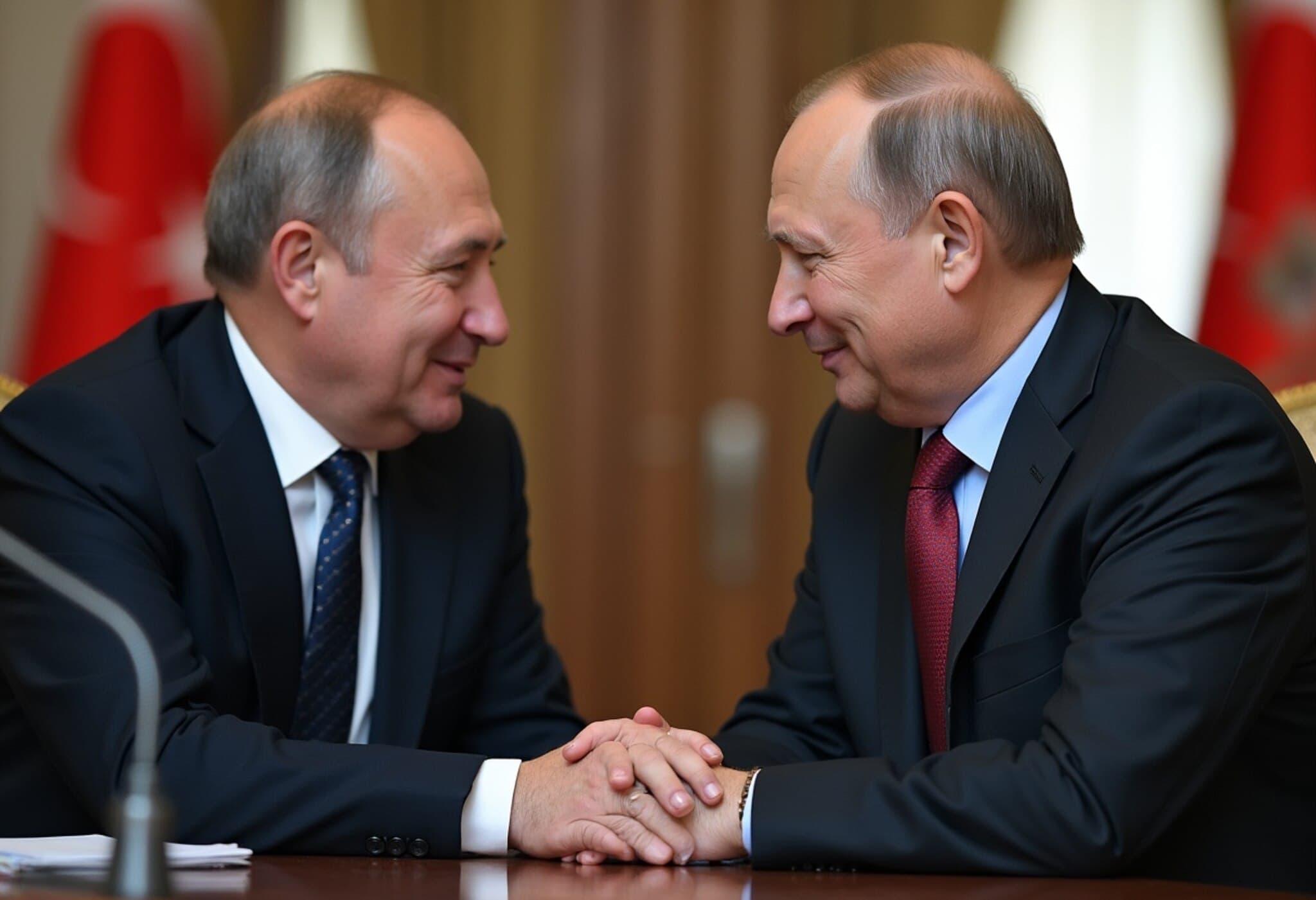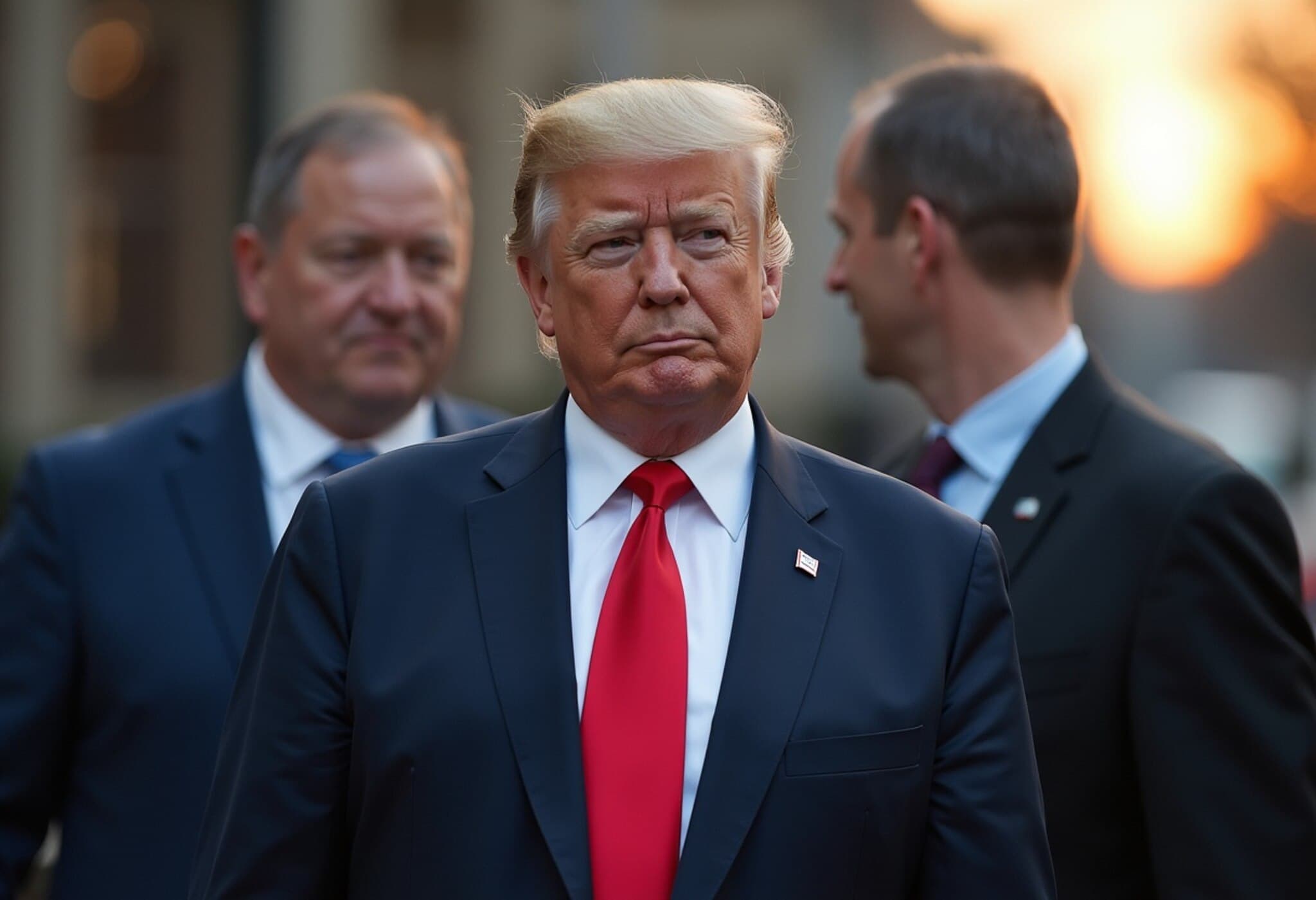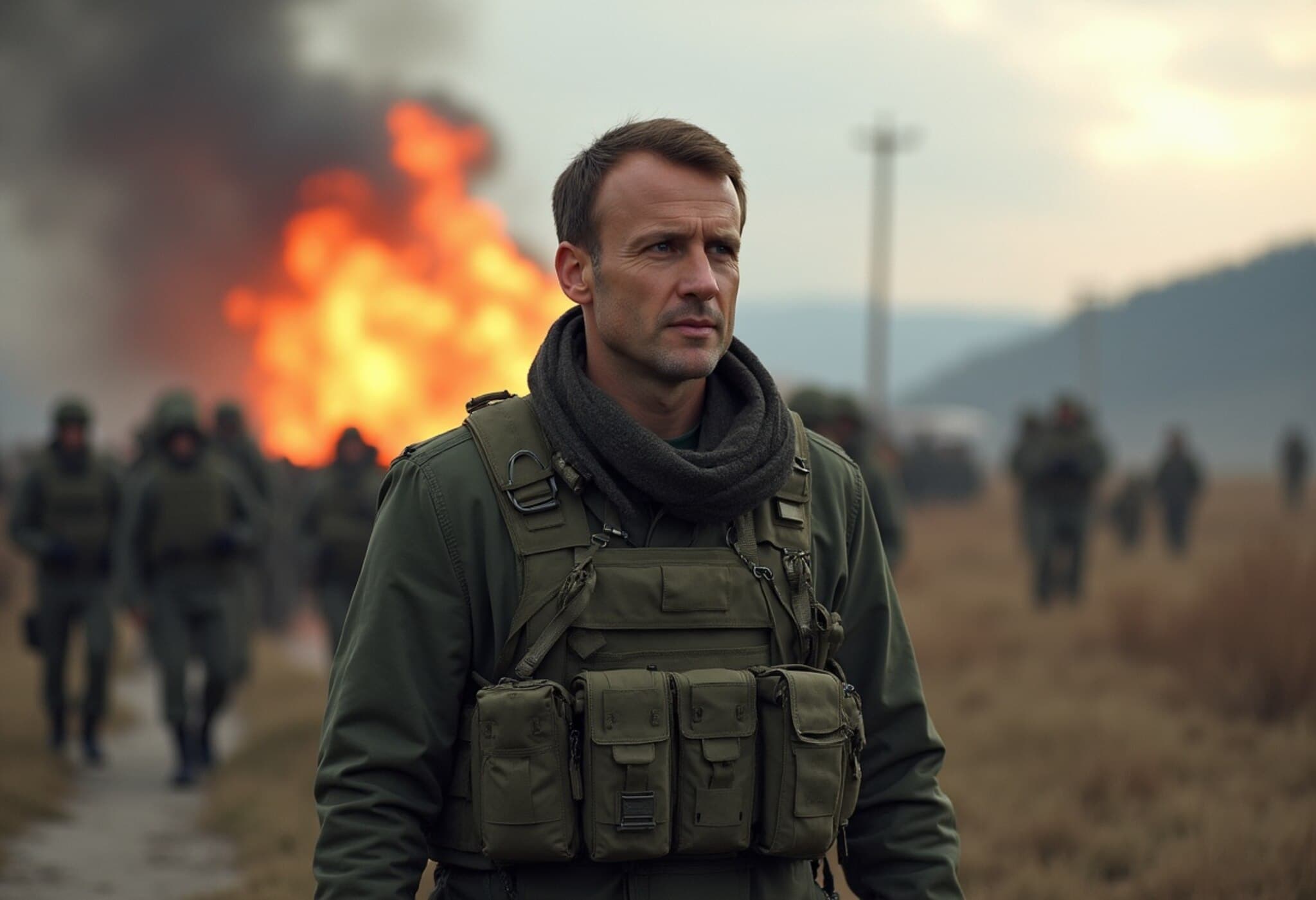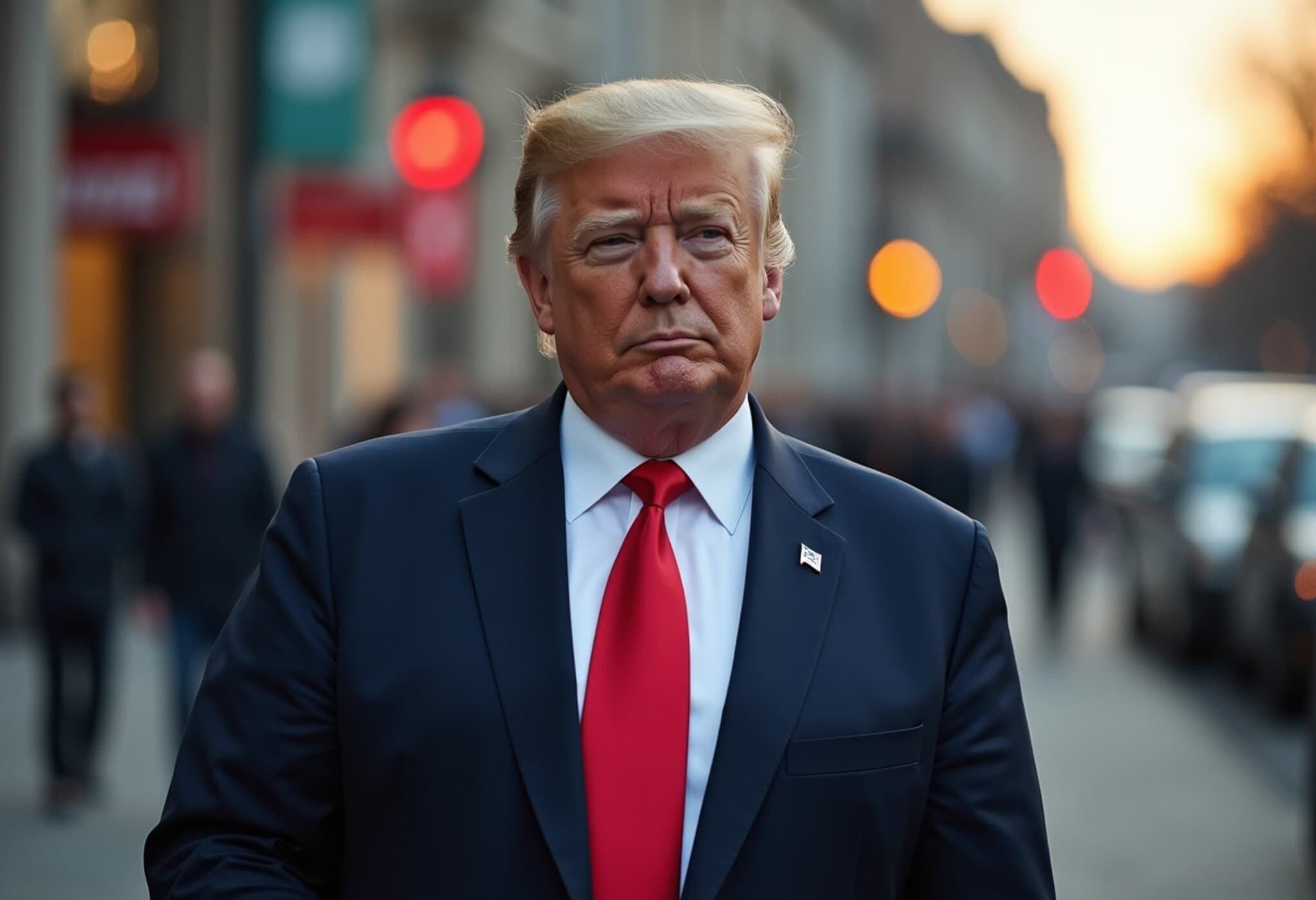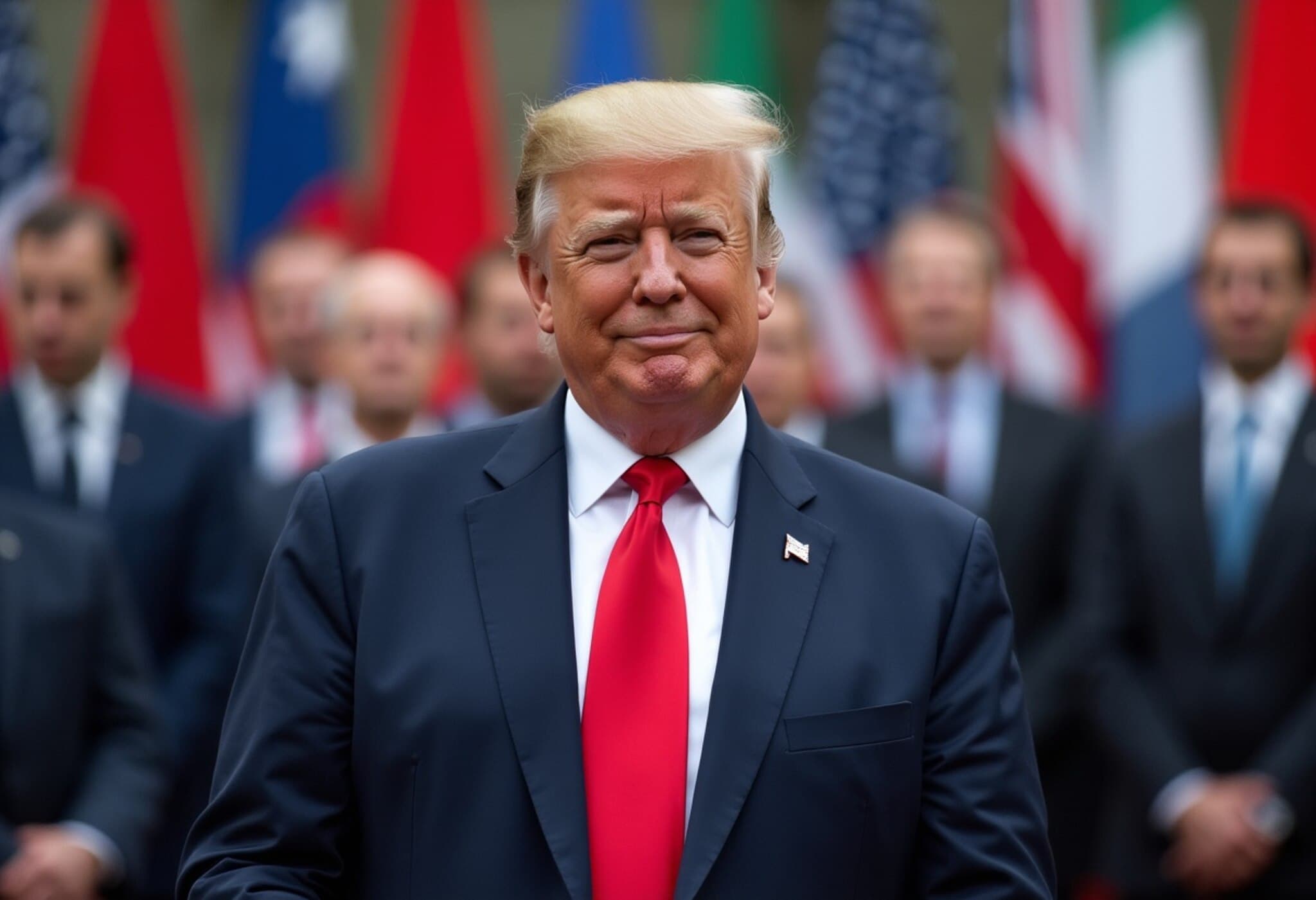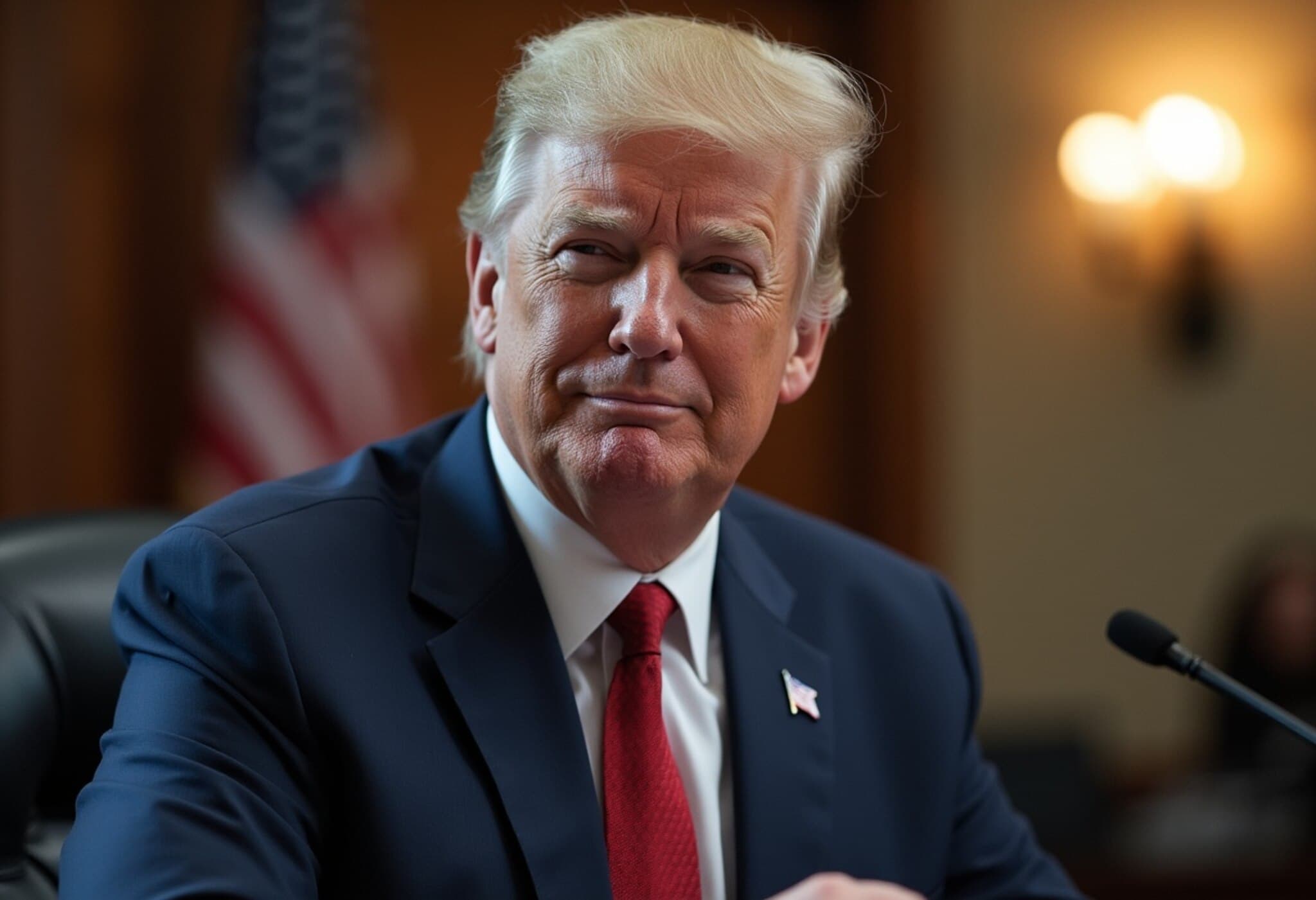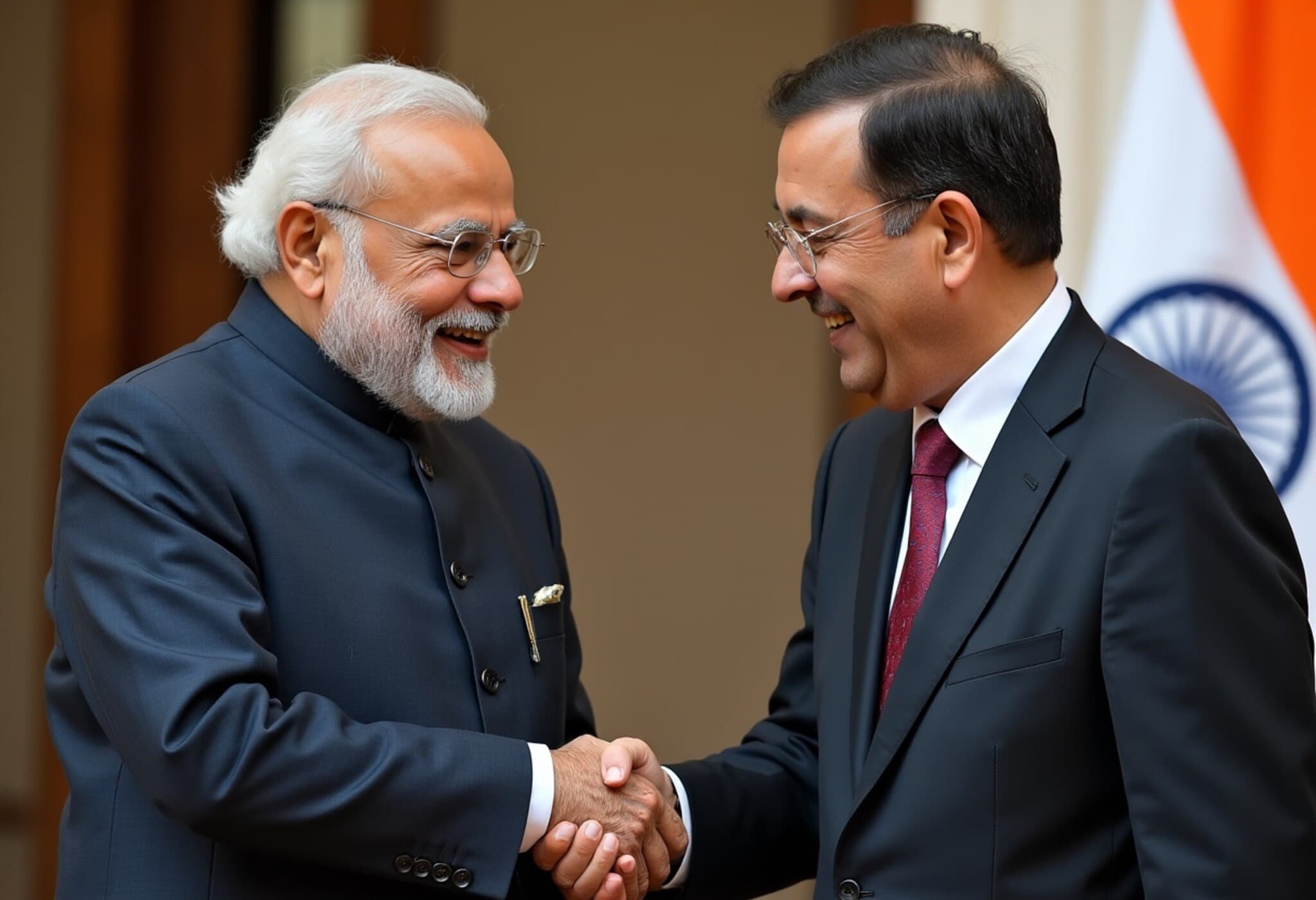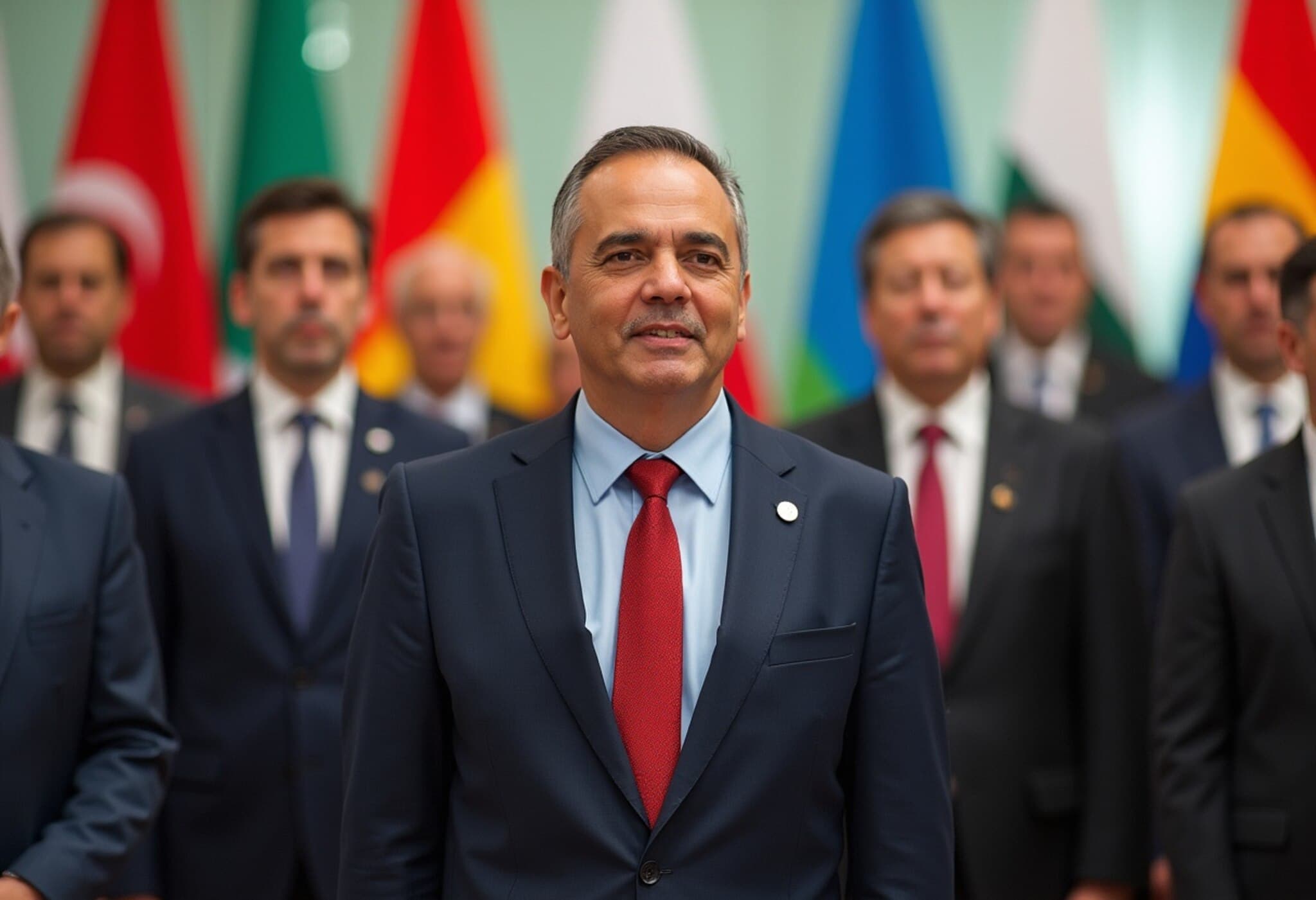Controversy Surrounds Pentagon’s Halt on Ukraine Military Aid
Democratic lawmakers have raised concerns over Pentagon Chief Pete Hegseth’s recent decision to pause shipments of military aid to Ukraine, accusing him of citing unfounded weapon shortages as justification for the move. This pause comes amid an ongoing struggle in Ukraine’s war against Russia, where timely military support remains crucial.
Background: Aid Suspension and Pentagon Claims
Earlier, the U.S. had planned to send a shipment including air defense missiles and precision munitions to assist Ukraine’s defense efforts. These commitments were made during former President Joe Biden’s administration. However, Secretary of Defense Pete Hegseth unilaterally announced the halt, claiming that the U.S. military’s stockpile of weapons was insufficient to continue shipments without compromising national readiness.
Experts and several Democratic officials have since challenged this assessment, suggesting that the decision was based on inaccurate information and that the aid could proceed without depleting American defenses.
Repeated Halts and Political Reactions
This is reportedly the third time Hegseth has paused military supplies bound for Ukraine. When questioned, former President Donald Trump supported the decision, arguing it was necessary because "Biden emptied our whole country, giving them weapons," emphasizing the need to preserve U.S. military resources.
Official Statements from the Pentagon
The Pentagon defended the decision as a strategic measure taken after a comprehensive review of the U.S. military’s support and assistance worldwide. Pentagon spokesperson Sean Parnell clarified that the review aims to align military aid with defense priorities and insisted that the U.S. armed forces remain fully equipped.
"Our military has everything that it needs to conduct any mission, anywhere, anytime, all around the world," Parnell stressed.
Congressional Response and Concerns
Members of Congress, particularly Democrats, expressed surprise and concern over the abrupt halt. Adam Smith, ranking member of the House Armed Services Committee, stated that available data does not indicate any depletion in American weapon stockpiles. He emphasized that the pause is unjustified and contradicted by inventory numbers.
The delayed shipments include critical defense systems such as dozens of Patriot interceptor missiles, howitzers, and additional missile platforms—essential tools for countering Russian aggression.
Impact on Ukraine Amid Intensifying Conflict
As the aid suspension continues, Russia has intensified its missile attacks on Ukrainian cities, causing significant civilian casualties and infrastructure damage. Fedir Venislavskyi, a member of Ukraine’s parliamentary defense committee, described the decision as “painful,” especially against the backdrop of escalating "terrorist attacks" by Russia.
Pending Responses and Future Outlook
The U.S. Department of Defense has yet to publicly address the accusations of misleading justification or confirm when military aid shipments to Ukraine will resume. With the conflict ongoing, the timing and adequacy of support remain vital to Ukraine's defense capabilities.

